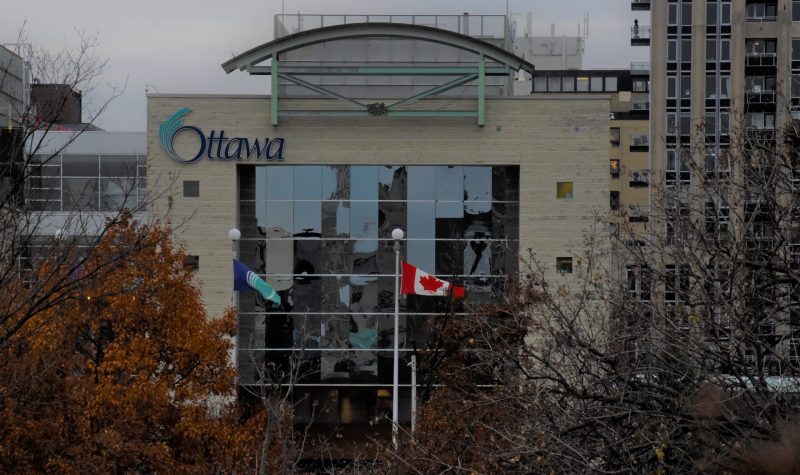Ottawa city councillors have moved to reform joint and several liability, which could have implications for future claims made against the city.
In a meeting of the Finance and Economic Development Committee (FEDCO) on Tuesday morning, a motion was passed to recommend city council replace several and joint liability with a full proportionate liability system. The decision was prompted by a call-to-action from the Association of Municipalities Ontario (AMO).
In their call-to-action, AMO urged municipalities to bring the matter to the table at their next meeting.
“As municipal leaders are aware, liability and risks are one major driver of exponentially increasing insurance costs,” says AMO.
In 2019, the AMO asserted that joint and several liability has had drastic implications for municipal insurance rates in Ontario, which is ultimately reflected in rising property taxes. Several and joint liability, Ottawa’s current claims system, is when multiple parties are held jointly responsible for wrongdoing, and the plaintiff is therefore permitted to seek damages from both parties equally. In the case where one party is unable to pay the full cost of damages, the plaintiff can seek reparations from the other party.
Full proportionate liability, on the other hand, allows the plaintiff to pursue damages from multiple parties, but only in proportion to their individual responsibility for the damages.
The reformed legislation has been in the works for over a decade, according to a 2010 report to FEDCO.
According to the report, the current liability system “has had a major impact on the city’s approach to managing risk and defending litigation as it arises.”
The report indicates that, as a consequence of its possession of a “large number of assets,” Ottawa has faced litigations in areas where the city is marginally involved and has paid “more than its fair share.”
Anyone can sue the City of Ottawa for personal damages, including injuries or property damage, if it was the result of neglect in maintaining city-operated facilities or services. Some of the most common claims made against the city concern potholes, flooding, tree maintenance and improperly parked city vehicles.
In 2021, former city-staffer Stephanie Dobbs sued the city of Ottawa for $325,000 for “loss of salary, denial of the opportunity to earn income and loss of earning potential” after participating in the Integrity Commission’s investigation into Coun. Rick Chiarelli. Dobbs provided testimony that, while in Chiarelli’s employ, she was sexually harassed by him and was forced to work in a hostile environment, which violated her contract with the city.
Some of the recommendations made by AMO to FEDCO include putting a cap on legal payouts, and to adopt further measures which would decrease the city’s insurance premiums.
Future litigations involving the city could look a lot different, as councillors will meet on Feb. 9 to discuss the recommendations before passing the matter to the attorney general.
Listen to the CHUO news update below:


